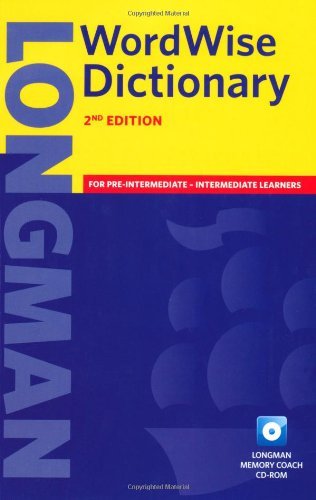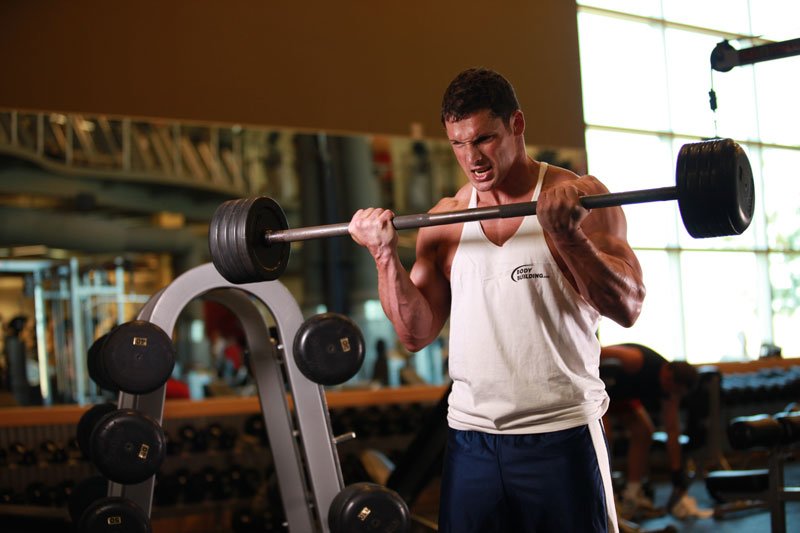A good English-only dictionary will tell you many things more than a translation. A dictionary will:
- tell you what kind of word it is (noun, adjective, verb etc)
- show you what is the plural spelling/ the past tense/ countable or uncountable
- show you how common the word is. The most common words are often in a different colour
- give you the definition of the word and will give you an example sentence. It's very important for you to see how the word is used in a sentence
- tell you some synonyms of the word (other words that mean the same or similar). You can also find synonyms in a thesaurus
- use pictures to help you understand the word
Let's look at the word train. Train can be a noun or a verb:
This is a train. But what other words are connected with a train? A dictionary will tell you:to catch a train to miss a train to get on a train a train journey a train fare
Train is also a verb:
We often use it to talk about sports and fitness, but it can also talk about education and study eg
I went to college to train to become a teacher
I train every day at the gym
A dictionary will give you this information, but a translation only may not.
 In class, we used a Longman dictionary. You can also buy dictionaries published by Macmillan, Oxford, Collins and Cambridge. I like the Longman and the Collins dictionaries because they are in colour, so it is much easier to find a lot of the information. Here are some suggestions for dictionaries:
In class, we used a Longman dictionary. You can also buy dictionaries published by Macmillan, Oxford, Collins and Cambridge. I like the Longman and the Collins dictionaries because they are in colour, so it is much easier to find a lot of the information. Here are some suggestions for dictionaries:



Thanks Ryan for the suggestions. I try to buy a good dictionary. Oscar
ReplyDelete